About the Economic Opportunity Program
The Nebraska Department of Transportation's rapid response Economic Opportunity Program helps attract and sustain economic growth across the State by making local grants for strategic transportation improvements that better connect businesses to Nebraska’s statewide, multi-modal transportation network. The primary goal of the program is to attract or retain jobs and private capital investment in the state. Funding is strictly discretionary with awards made by NDOT based on careful review of the merits of each application as it is received, and in consultation with the Nebraska Department of Economic Development. Typical awards are below $500,000.
See How The EOP Is Helping Communities
